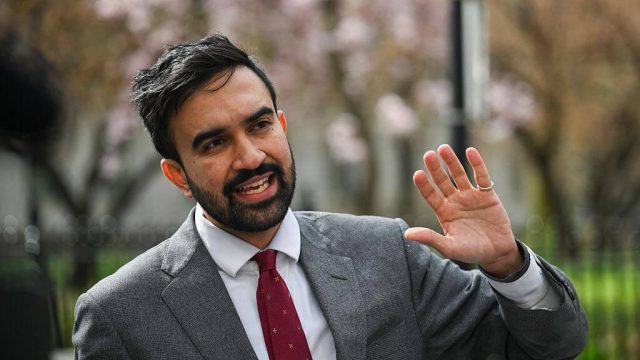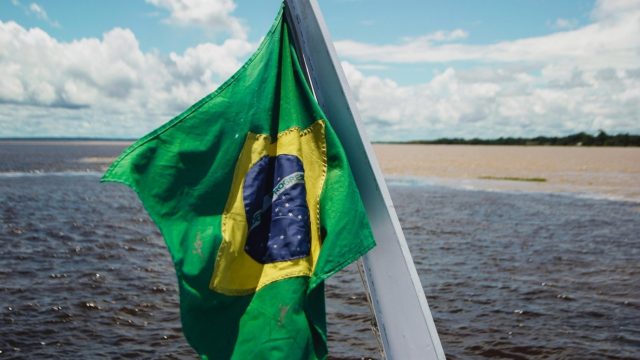
There is not one single global economy, but many different interconnected regional, national and local economies. By the same token, there is not one single blueprint for greening the economy, but many different green transitions needed to suit different local and sectoral situations.
Greening the economy may be a relatively new term to describe this process, but the various elements of the concept have also been contained within the sustainable development discourse from the outset – pricing externalities, eliminating perverse subsidies, enforcing regulatory standards, redirecting investment flows, promoting equity and social protection, fulfilling oft-repeated pledges about international co-operation and assistance, recognising common but differentiated responsibilities.
What is new is the growing recognition that the pace of change needs to be stepped up. There are already numerous examples of the sustainable development model working well in particular settings and localities. The concept is well proven, and several encouraging examples were presented over the weekend. But far too many of the world’s economies and economic actors are still locked into unsustainable patterns of production and consumption. Natural resources are being degraded and depleted. Inequity is increasing. Poverty still blights the lives of many people and communities. Neither environmental nor social goals are being met. The transition to sustainability must be accelerated.
What can Rio do to bring this about? Several messages that have been directed from stakeholders towards the official negotiators were reinforced over the weekend.
- Clarify the concept and principles of the green economy
- Establish better metrics and indicators for tracking progress towards sustainable development
- Set more integrated goals and targets for progress on sustainable development by 2030
- Establish a new framework for corporate social responsibility and reporting so as to encourage businesses to operate in a more sustainable way
- Guide the flows of public and private investment in the world to support more sustainable projects and products
- Pinpoint the kind of fiscal and regulatory changes needed to incentivise more sustainable behaviour by all economic actors
- Embed the teaching of sustainable development throughout the world of education and training
- Equity and fairness must be at the heart of any transition to a new and green economy
The current economic crisis is tending to make governments timid and cautious. But the transition to the green economy is urgent and needs bold and ambitious leadership. Properly managed, these changes will themselves assist the economic recovery everyone desires.
Business as usual policies can only lead to failure as usual. But in many small and encouraging ways, stakeholders are already showing on the ground that the sustainability transition can, and does, work for the benefit of all. There is nothing to fear about the green revolution but fear itself.
We have been shivering timidly for too long on the brink of the sustainability pool. Now is the time to take the plunge. It is warmer in than out.
Derek Osborn
Photo by Dhruva Reddy on Unsplash


